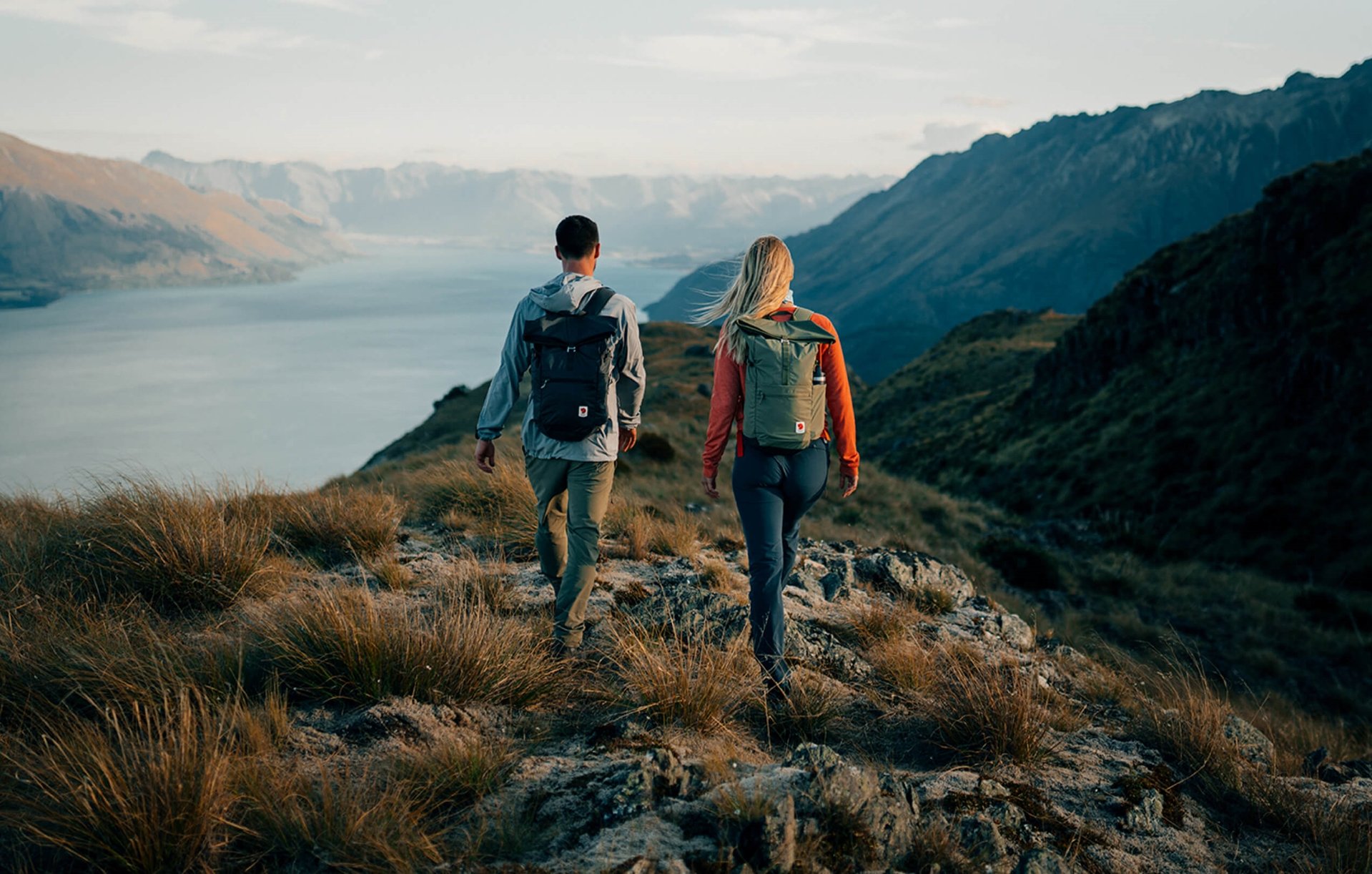If you’ve taken part in a Classic, or another outdoor event organized by Fjällräven, then you’ve probably heard of the importance of leaving basecamp in better shape than you found it. Our strong belief in this principle is why we’ve worked alongside the Leave No Trace Center for Outdoor Ethics for many years, consulting them on our USA-based events to ensure we do our best by the environment that we can.
What is Leave No Trace Center for Outdoor Ethics?
In short, Leave No Trace aims to educate people on how to enjoy the outdoors while leaving less of an impact on nature. Leave No Trace Center for Outdoor Ethics is headquartered in Colorado, and on the doorstep of some of the most beautiful wildlife the US has to offer. They were also a recipient of the Arctic Fox Initiative grant in 2019. LNT focuses on 7 easy- to-follow principles to further their goal through education and training, for anyone to responsibly enjoy the outdoors.
What problems does Leave No Trace help to solve?
In a world where destructive wildfires burn uncontrollably, for example across Australia throughout the first few months of 2020, or where we have forecasts claiming by 2050 we will have more plastic than fish in the ocean - the responsibility we each have is only growing. As Dean Ronzoni, Director of Corporate Development at Leave No Trace, says “We are in a crisis that's only getting worse. Nine out of ten people have experienced some misinformation about how to behave when they're in the outdoors.” And that is what Leave No Trace is trying to solve by providing compelling content that helps people understand the importance of behaving considerately in nature.
On the Leave No Trace website and blog, you can read in detail about all the issues that they are tackling on a daily basis. To summarize, the following are outlined as critical areas that are making Leave No Trace education and training more important than ever: trashed natural areas, polluted water, misinformation regarding the outdoors, destructive fires, connecting youth to nature and crowded parks.
Dean shared with us some of the challenges that inspired his personal involvement with the organization. “In 2017, Colorado Parks and Wildlife had to euthanize 168 bears and relocate another 107 additional bears. The problem is that bears become habituated to humans via food conditioning which puts both the bears and humans at risk.” The 7 principles aim to deal with problems exactly like this. One of the principles teaches people how to keep proper distances to wildlife, and issues of storing and disposing of food and waste properly. But it’s not just about interaction with wildlife, the 7 principles deal with a large range of behaviors that can protect wild spaces - from proper campfire safety to being considerate to other visitors.
Why 7 principles?
Although the realities of working with people to adapt behavior in outdoor spaces can be complicated, especially across different cultures, environments and eco-systems, breaking the solution into 7 simple principles is a way to unite people towards a common and uncomplicated goal. The movement was founded in the United States, but has now spread globally across 90 different countries to educate their communities to treat nature respectfully. As Susy Alkaitis, the Deputy Director of Leave No Trace, says “as more people are getting outside, the management and education around how people engage in outdoor spaces has changed and needs to continue to change. We're all having to speak some sort of common language about the environment and that's the beautiful thing.”
What can we do?
The most important thing we need to do is to educate ourselves about enjoying nature in a responsible way, as we all want to preserve nature for the next generation. Leave No Trace aims to meet people where they are; visiting schools, festivals, universities, workplaces and it’s also very much available online - while their training and education are really for everyone. That includes the team at Fjällräven, as there is never a time to stop better- informing ourselves about reducing our impact on nature. For example, we consult with Leave No Trace yearly on the Fjällräven Classic USA - so we always have the best procedures to leave nothing but footprints behind. In fact, working together in the past has meant that we have been able to tackle the negative effects that could be associated with ‘insta-tourism’ in areas of natural beauty. To read more about how Leave No Trace supports our events click here.
It’s not only through consulting on Fjällräven events that we’ve partnered with Leave No Trace - we have also supported their efforts via the Arctic Fox Initiative grant they received in 2019. Due to those funds, Leave No Trace have been able to increase their efforts to educate even more people on the 7 principles and spread knowledge more widely in the community.
We, at Fjällräven, love the work of Leave No Trace. It is great to be able to support an organization, and a group of truly passionate people, who share the belief that being conscious, treading carefully and leaving nature in a better condition than the way we found it, is crucial when spending time outdoors.
